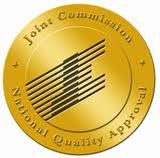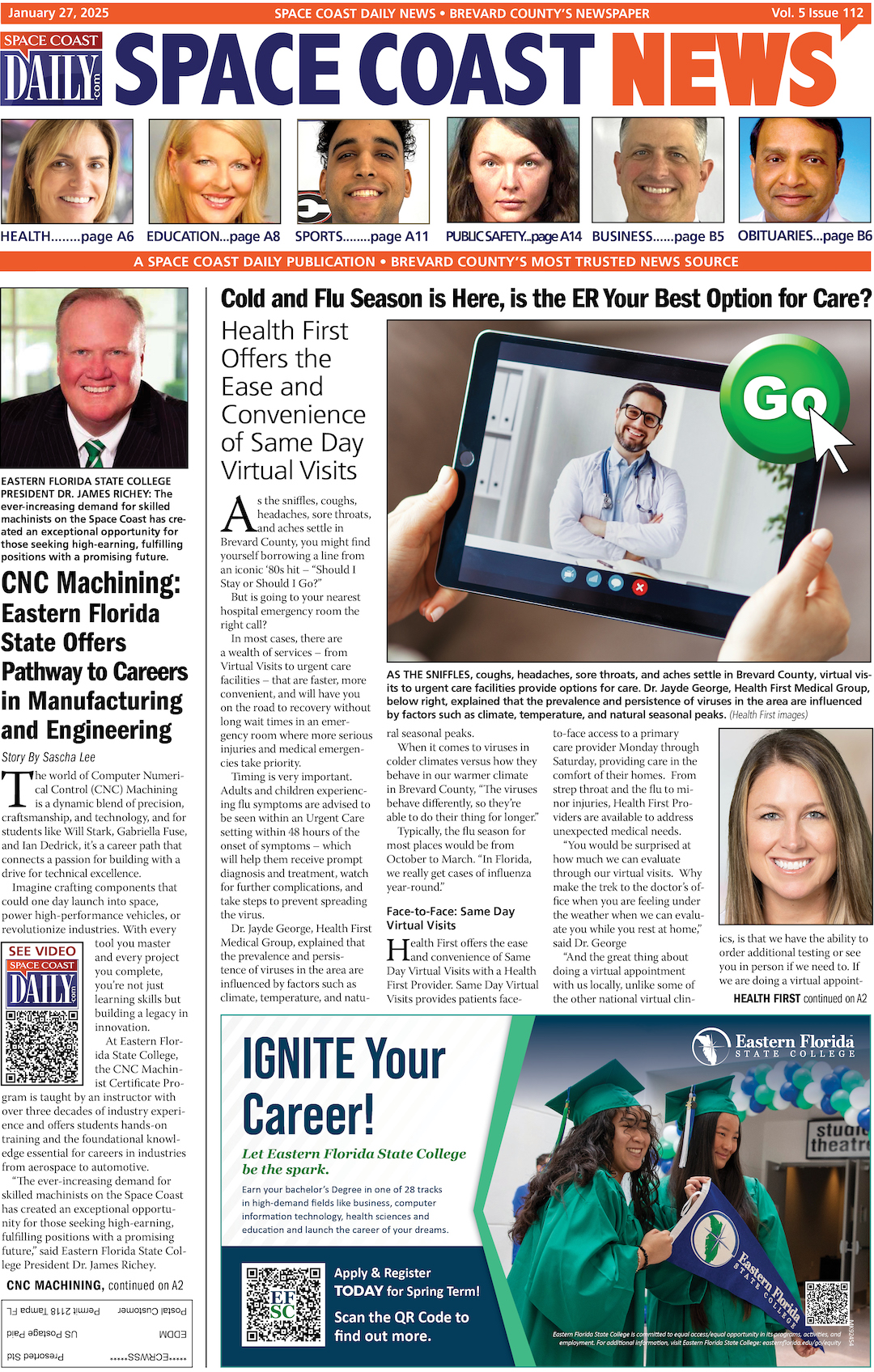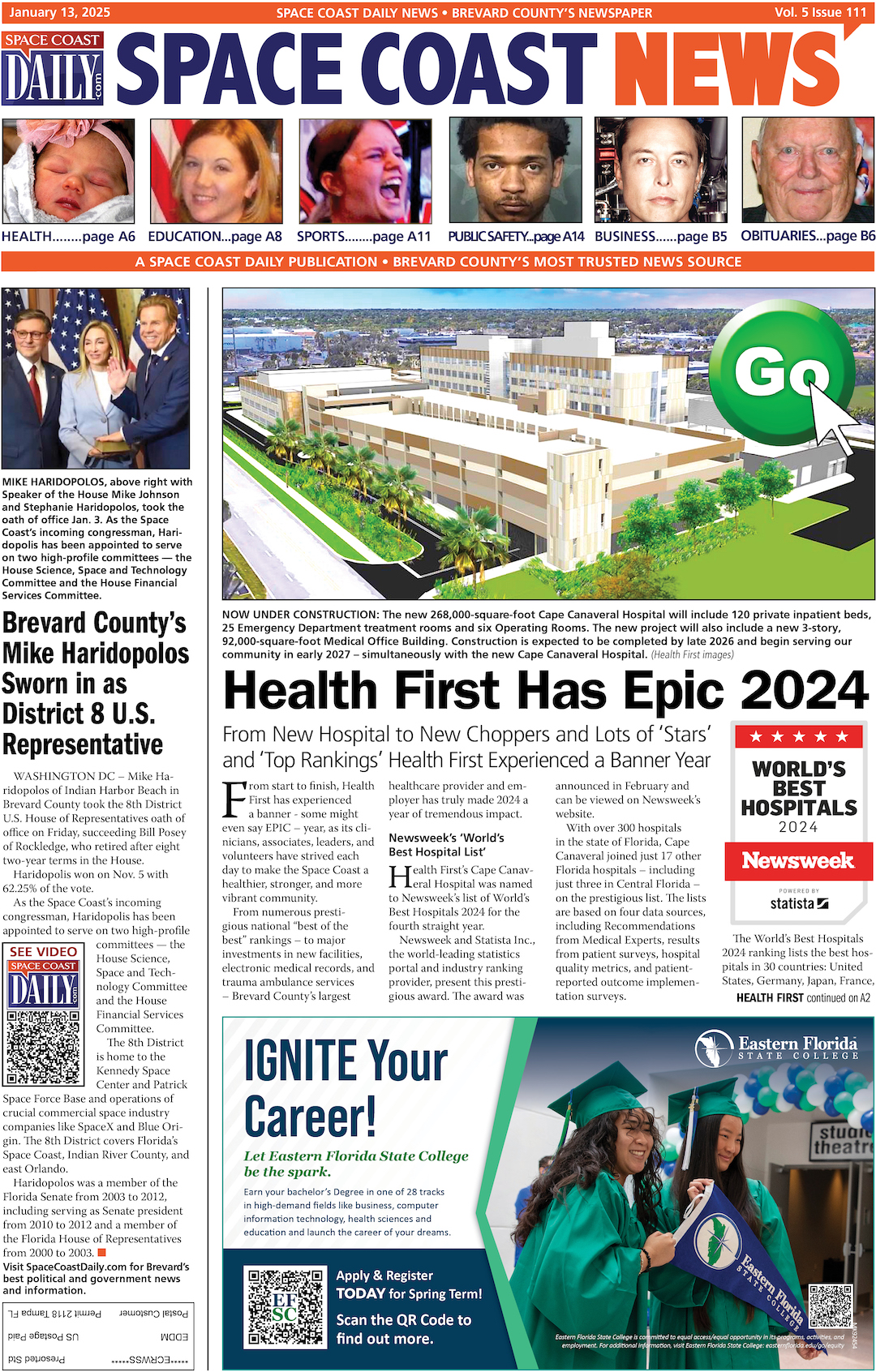Be Safe: Ask Tough Questions of Your Doctors
By Sally Forsberg RN, MBA // June 12, 2012
Patient Safety
(Video by HomeTownHealth)
EDITOR’S NOTE: Your health depends on good communication. Asking questions and providing information to your doctor is an integral element in ensuring high quality, effective and efficient care, and talking with your doctor builds trust and leads to better outcomes and higher satisfaction.
Get involved in your care!
SpaceCoastDaily.com welcomes Sally Forsberg, a registered nurse who for 30 years has devoted her career to ensuring the highest quality, safe care for her patients, and now as a healthcare consultant and educator is engaged in helping hospitals and hospital systems foster a highly effective culture of quality and safety.
BREVARD COUNTY • MELBOURNE, FLORIDA — Why are people more comfortable asking questions about menu selections in a restaurant than asking their doctor about whether they washed their hands before providing care? One reason may be related to the “norms” of society. Growing up, we were taught to respect authority figures and trust that they will do the right things for us.

Be Your Own Best Advocate
Doctors spend years being educated and trained in medicine, and the vast knowledge they possess many times leaves us in awe. No one teaches patients what to say or how to say it to their doctor. Questioning an authority figure may be uncomfortable, especially with a physician, plus, most people want to be viewed as “good patients.”
Fear of confrontation may be another reason patients are reluctant to question their health care provider. Patients admitted to a hospital are in a very vulnerable state. They may be very sick, relying on the staff for every basic function of life. When you are that dependent, your tendency is to be more passive, and you may not want to risk aggravating your caregivers.
Second Opinion
For your safety, you may have to ask tough questions of your doctors. If your medications or treatment do not seem to be working for you, or are causing side effects that negatively impact your quality of life, you need to ask if there are any other alternatives.
Also, there may be times when you want to seek a second opinion regarding your care, treatment or medications. Seeking a second opinion should not be viewed as being disloyal to your doctor. He or she will likely welcome the opportunity to have a colleague collaborate to develop the best plan of care for you.
 Speak Up
Speak Up
The Joint Commission, an organization that inspects and accredits hospitals and health care organizations, encourages patients to speak up and ask questions, especially if the patient feels that something is wrong or amiss in their care. In reviewing medical errors that have occurred around the world, the Joint Commission noted that many errors could have been prevented or minimized if the patient had questioned their care, treatment or medications. Research has shown that patients who are actively involved in their health care have better outcomes.
Another Joint Commission initiative mandates specific patient safety measures for hospitals and health care organizations. This compels health care providers to encourage each patient to have active involvement in their care.

This initiative also mandates patient involvement in safety practices specific to infection prevention and safe surgery practices such as body site marking.
The Agency for Healthcare Research and Quality (AHRQ), which promotes excellence in health care, has begun a series of public service ads to encourage consumers to be actively involved in their health care. The AHRQ website (www.ahrq.com) offers a “Question Builder” tool to assist consumers to develop a custom list of questions to ask their doctor during an office visit.
Although your health care providers are always working to keep you safe, you are still your own best advocate when it comes to your health. It may not be easy, but summon the courage to speak up and ask questions.
TIPS TO HELP YOU COMMUNICATE WITH YOUR HEALTHCARE PROVIDER
- ASK QUESTIONS in a non-accusatory manner. For example, “I’m worried about getting an infection. I’ve read that handwashing is the best prevention. Is everyone caring for me required to wash their hands?”
- HAVE YOUR ADVOCATE ask the question. Your advocate is more removed from the situation than you are as the patient. In addition, your advocate can be a second set of eyes and ears for your safety.
- DIRECT APPROACH. If a tech comes to draw your blood, and they do not ask for your name and date of birth, then say, “Would you like to check my ID bracelet (or ask me) for my name and date of birth?”
- INDIRECT APPROACH. Comment to your healthcare provider, “I’ve noticed that most people wash their hands before putting on gloves.”
- SPEAK UP FOR SAFETY: Above all, if you feel your safety is in jeopardy, don’t beat around the bush. Tell your doctor or health care provider immediately and assertively, “I am not supposed to have this procedure and/or medication.”

ABOUT THE AUTHOR
Ms. Forsberg has been a registered nurse for 30 years, received her Bachelor’s Degree in nursing from Thomas Jefferson University in Philadelphia, and her Master’s Degree in Business Administration from the University of Miami. Sally has many years of hospital experience in various clinical and nursing leadership roles as a staff RN, Nurse Manager, Director of Nursing, and nurse executive, and is now the Director of Quality for the Florida Hospital Association Hospital Engagement Network. Her experience, knowledge and expertise in patient safety, service and satisfaction uniquely qualifies her to lead quality programs as a consultant and educator for hospitals and hospital systems in Florida and across the nation. Sally has been married for 35 years to Paul Forsberg, the Fire Chief for the City of Melbourne.












